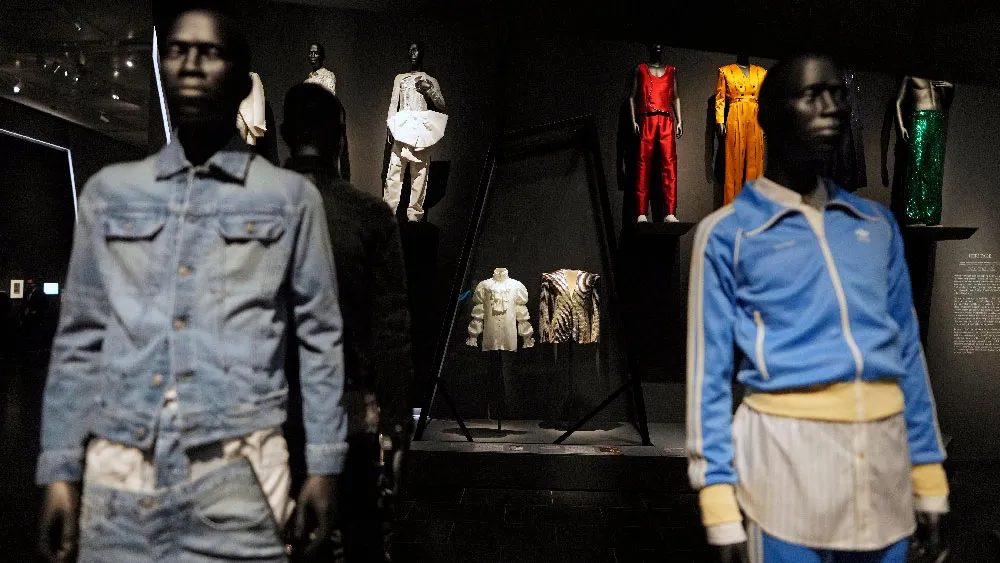September 6, 2011
Calif. Marriage Equality Ban Faces Next Hurdle
Kilian Melloy READ TIME: 3 MIN.
California's same-sex marriage ban faces its next legal test Tuesday when the state's highest court attempts to shed light on whether the voter-approved measure's backers have legal authority to appeal the federal ruling that overturned Proposition 8.
The California Supreme Court is scheduled to hear an hour of arguments on that question, which could prove crucial to the future of the voter-approved ban. The federal appeals court that is considering the initiative's constitutionality wants the state court to weigh in on the matter before it issues its decision.
The 9th U.S. Circuit Court of Appeals has expressed doubts about the ability of Proposition 8's sponsors to challenge the lower court ruling absent the involvement of California's governor or attorney general, both of whom refused to appeal a federal judge's August 2010 decision striking down the ban as a violation of gay Californians' civil rights.
The court punted the question to the California Supreme Court earlier this year, saying it was a matter of state law.
Lawyers for the coalition of religious and conservative groups that qualified Proposition 8 for the November 2008 ballot maintain they are legally eligible to represent the majority of California voters who approved the same-sex marriage ban. They argue that because California has such a vigorous citizen's initiative process, it would not make sense for elected officials to effectively veto measures by not defending them in court.
"This is a pivotal hearing for us as we continue to fight to uphold the People's vote to restore traditional marriage in California against these ferocious attacks," Andy Pugno, legal counsel for the Proposition 8 coalition said in a letter to supporters last week. "We simply cannot allow our opponents to manipulate the legal system to the point where there is nobody left to defend the People!"
Lawyers for the two same-sex couples who successfully sued to have Proposition 8 thrown out are arguing that ballot initiative proponents cannot demonstrate that would be uniquely harmed if the same-sex marriage ban is declared unconstitutional. Demonstrating a concrete and particularized harm is the standard parties ordinarily have to meet to be eligible to wage an appeal in federal court.
California Attorney General Kamala Harris has submitted a brief saying that in her interpretation, proponents of successful ballot initiatives do not have the right to defend their measures in court. Harris is a Democrat who succeeded Gov. Jerry Brown in January as attorney general.
If the Supreme Court says the ban's proponents did not have standing to appeal, and if the 9th Circuit and ultimately the U.S. Supreme Court ultimately agree, it would clear the way for same-sex marriages to resume in California because former Chief U.S. Vaughn Walker's verdict would stand. But such an outcome would also limit the potential impact of the closely watched catch because it would prevent higher courts from reaching its constitutional merits.
"What the court has before it are questions about how the state's direct democracy rules should be understood to sync with its constitutionally-based ideas of representative government," Ohio State University Moritz College of Law Marc Spindelman. "Who speaks for the people and the state - and when? Can unelected officials determine how state law will be defended? Should they be allowed to defend the law when state officials elected by the people to represent them will not? Are state officials who refuse to defend a legal measure on appeal practically exercising a veto right that the rules of direct democracy in California do not allow?
Proposition 8 reinstated a ban on same-sex marriages in California by amending the state Constitution to supersede a California Supreme Court ruling that had legalized gay unions five months earlier. The Williams Institute, a think tank on sexual orientation and the law at the University of California, Los Angeles, has estimated that 18,000 couples tied the knot during the brief window.
Kilian Melloy serves as EDGE Media Network's Associate Arts Editor and Staff Contributor. His professional memberships include the National Lesbian & Gay Journalists Association, the Boston Online Film Critics Association, The Gay and Lesbian Entertainment Critics Association, and the Boston Theater Critics Association's Elliot Norton Awards Committee.


